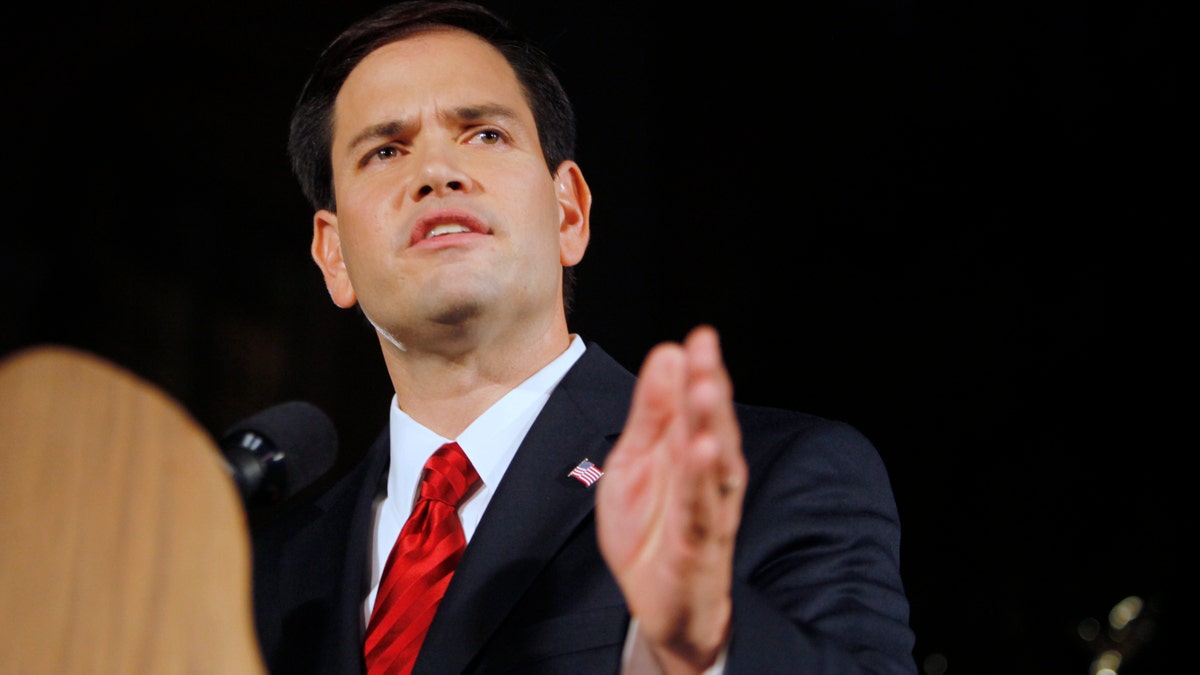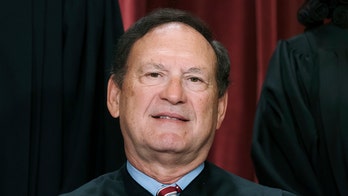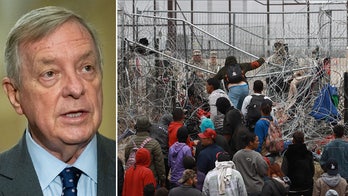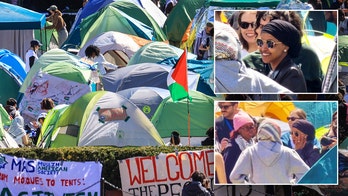
File - In this Nov. 2, 2010 file photo, Florida Sen. Marco Rubio speaks after winning his Senate bid in Coral Gables, Fla. Rubio. (AP Photo/Lynne Sladky, File) (AP2010)
Senator Marco Rubio ramped up his defense against claims that he stretched the truth about his family's emigration from Cuba to further his political career – even as he conceded that his dates may have been off.
"To suggest my family's story is embellished for political gain is outrageous," Rubio said in a statement, referring to an article in the Washington Post. "The dates I have given regarding my family's history have always been based on my parents' recollections of events that occurred over 55 years ago and which were relayed to me by them more than two decades after they happened. I was not made aware of the exact dates until very recently.
"What's important is that the essential facts of my family's story are completely accurate," he added. "My parents are from Cuba. After arriving in the United States, they had always hoped to one day return to Cuba if things improved and traveled there several times."
He went on to say that his mother returned to the Caribbean island in 1961 with his older siblings while his father stayed in Florida.
"After just a few weeks living there, she fully realized the true nature of the direction Castro was taking Cuba and returned to the United States one month later, never to return."
Rubio upped the ante to defend the claims made in the Post story, which published on Thursday. It claimed that Rubio's parents emigrated to the U.S. in 1956.
At that time, although Fidel Castro had already launched a famous, failed attack on Moncada police barracks just outside of Santiago, Cuba. Castro was in Mexico planning and recruiting a guerilla band.
He would not overthrow the Cuban government until 1959 – more than 2 1/2 years after Rubio's parents departure.
The paper claims that Rubio's documents – including naturalization papers and other official documents – imply that Rubio has embellished his family story.
"The supposed flight of Rubio’s parents has been at the core of the young senator’s political identity," the article reads. "The real story of his parents’ migration appears to be a more conventional immigrant narrative."
Rubio made the media rounds Friday to defend himself. He maintained that his parents couldn't return to Cuba and that they were, in essence, exiles.
"They were exiled from the home country they tried to return to because they did not want to live under communism," he said in the statement. "That is an undisputed fact and to suggest otherwise is outrageous."
Rubio is a rising star in the Republican Party. He's viewed as key to boosting the party's Hispanic outreach, despite holding a hardline on immigration.
The allegations come at the same time as the so-called “birthers,” some of the same individuals who challenged the validity of Barack Obama’s birth certificate, are questioning Rubio's eligibility to run for president or vice-president of the United States.
Charles Kerchner, a birther blogger who posted copies of Rubio's parents naturalization documents, says Rubio, though born in the United States, was not born to U.S. citizens and therefore can’t be characterized as a natural-born citizen. Kerchner argues that only those born to U.S. citizens are viable candidates under the law.
Legal experts such as Alfonso Aguilar, currently the Executive Director of the Latino Partnership for Conservative Principles, dismisses the "birther" issue as "absurd."
Follow us on twitter.com/foxnewslatino
Like us at facebook.com/foxnewslatino




